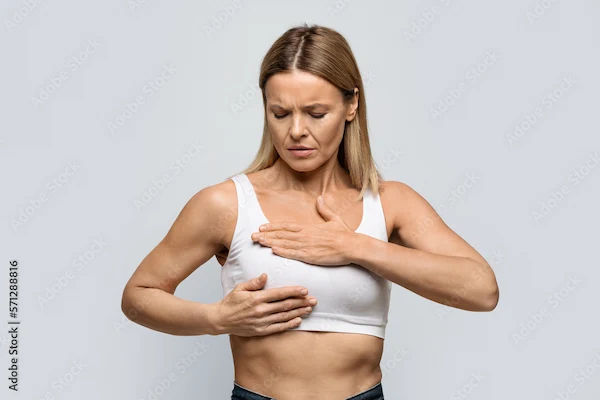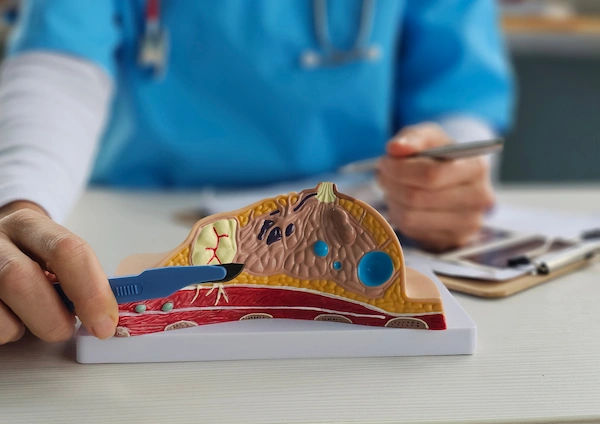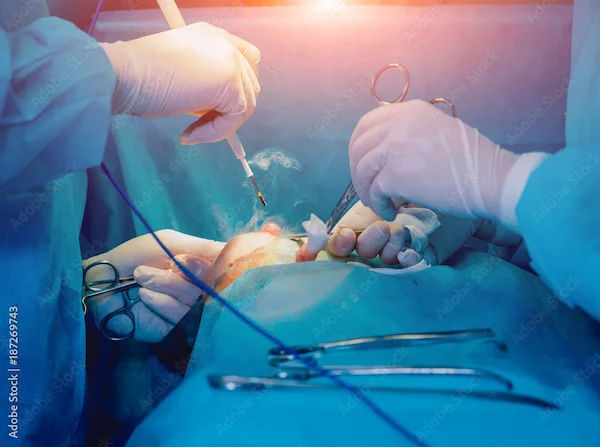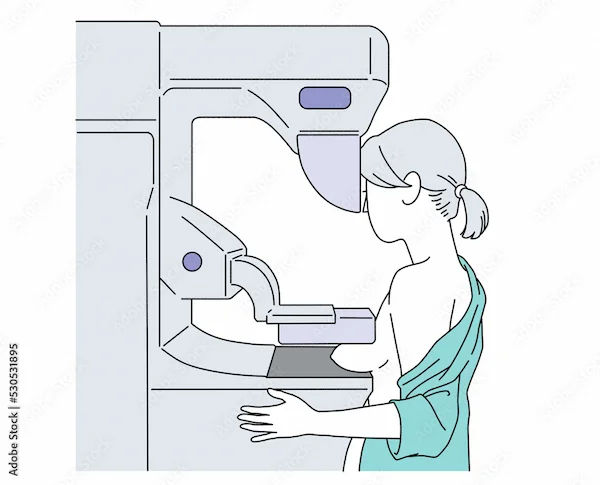Complication Of Radical Mastectomy
Understand the potential complications of radical mastectomy, including pain, infection, and limited arm movement. Learn how to manage risks and support recovery after this major breast cancer surgery.

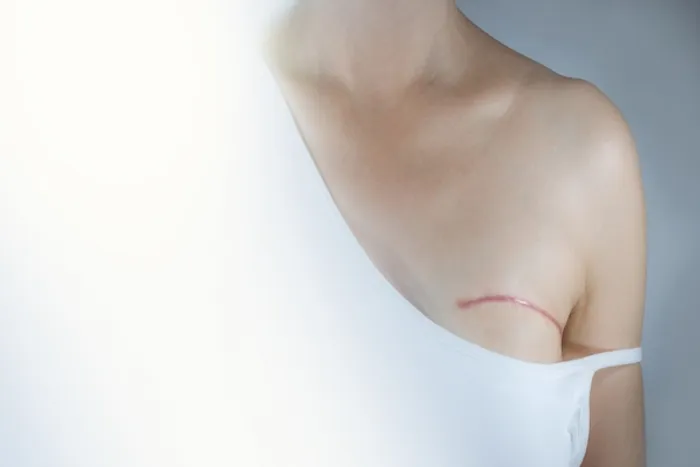
Introduction
A radical mastectomy is a surgical procedure to remove the entire breast, including the nipple, areola, skin, underlying chest muscles, and lymph nodes in the armpit. While this surgery is often necessary to treat breast cancer, it can lead to certain complications that may affect a patient’s physical and emotional well-being. If you or a loved one is considering or has undergone a radical mastectomy, it’s important to be aware of these potential complications and ways to manage them effectively.
Common Complications After Radical Mastectomy
1. Lymphedema (Swelling in the Arm): One of the most common complications after a radical mastectomy is lymphoedema, a buildup of lymph fluid in the arm on the side of the surgery. Since lymph nodes are removed, the fluid may not drain properly, leading to swelling, discomfort, and restricted movement.
How to Manage:
Gentle exercises to improve circulation.
Wearing a compression sleeve as advised by your doctor.
Avoiding heavy lifting or injuries on the affected arm.
Elevating the arm to reduce swelling.
2. Pain and Stiffness: After surgery, many patients experience pain, stiffness, or numbness in the chest, shoulder, or arm. This happens due to the removal of muscles and nerves during the procedure.
How to Manage:
Physical therapy to regain mobility.
Pain medications as prescribed by your doctor.
Gentle stretching exercises to prevent stiffness.
3. Limited Shoulder Movement: Since the surgery involves removing chest muscles, some patients may find it difficult to move their shoulder or arm freely.
How to Manage:
Regular physiotherapy sessions.
Gradual strengthening exercises.
Avoiding sudden, jerky movements.
4. Infection at the Surgical Site: Any surgery carries a risk of infection. Signs include redness, swelling, warmth, or pus discharge from the wound.
How to Manage:
Keeping the wound clean and dry.
Taking prescribed antibiotics.
Contact your doctor immediately if signs of infection appear.
5. Seroma (Fluid Buildup Under the Skin): Sometimes, fluid collects under the skin where the breast was removed, forming a seroma. While it usually resolves on its own, large seromas may need drainage.
How to Manage:
Wearing a compression garment.
Avoiding strenuous activities.
Seeking medical help if swelling persists.
6. Emotional and Psychological Impact: Losing a breast can be emotionally challenging. Many women experience anxiety, depression, or body image concerns after surgery.
How to Manage:
Talking to a counsellor or joining a support group.
Considering breast reconstruction surgery if desired.
Practising self-care and mindfulness techniques.
Consult Top Specialists for Personalised Tips
Long-Term Effects and How to Adapt?
Ways to adapt to the long-term effects of mastectomy are:
1. Post-Mastectomy Pain Syndrome (PMPS): Some patients experience chronic pain in the chest, armpit, or arm long after surgery. This is known as Post-Mastectomy Pain Syndrome (PMPS).
How to Manage:
Medications for nerve pain.
Physical therapy.
Relaxation techniques like yoga or meditation.
2. Changes in Posture and Balance
Removing chest muscles can affect posture and balance, leading to back or neck pain.
How to Manage:
Strengthening core muscles with exercises.
Using supportive pillows while sleeping.
Practising good posture.
Lifestyle Adjustments After Radical Mastectomy
Tips for lifestyle adjustments after a radical mastectomy are:
1. Diet and Nutrition
A healthy diet helps in recovery and overall well-being.
Eat protein-rich foods (eggs, lentils, fish) for tissue repair.
Include fruits and vegetables for immunity.
Stay hydrated to help with healing.
2. Exercise and Physical Activity
Start with gentle walks and gradually increase activity.
Avoid heavy lifting initially.
Follow your doctor’s advice on when to resume exercise.
3. Emotional Support
Seek counselling if feeling overwhelmed.
Connect with breast cancer survivors for encouragement.
Consider reconstructive surgery if it helps with self-confidence.
When to Seek Medical Help?
Contact your doctor if you experience:
Severe pain or swelling.
Signs of infection (fever, redness, pus).
Difficulty moving the arm or shoulder.
Persistent emotional distress.
Conclusion
A radical mastectomy is a life-saving procedure, but it comes with challenges. Knowing the possible complications and how to manage them can help in recovery and improve quality of life. If you have concerns or need guidance, don’t hesitate to reach out to your healthcare provider.
Consult Top Breast Surgeon
Consult Top Specialists for Personalised Tips

Dr. Anup Dhir
Plastic Surgeon
38 Years • MBBS MS (General Surgery) MCh (Plastic & Reconstructive Surgery) FECSM (Fellow of the European Committee of Sexual Medicine). Senior Consultant- Plastic and Cosmetic Surgery.
Delhi
Apollo Hospitals Indraprastha, Delhi

Dr. Aniket Dave
Plastic Surgeon
8 Years • MBBS, MS (General Surgery), MCh (Plastic and Reconstructive Surgery)
Ahmedabad
Apollo Hospitals - Gandhinagar, Ahmedabad, Ahmedabad
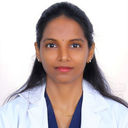
Dr. Ekollu Sindhu
General Surgeon
4 Years • MBBS,MS(General Surgeon)
Manikonda Jagir
Apollo Clinic, Manikonda, Manikonda Jagir
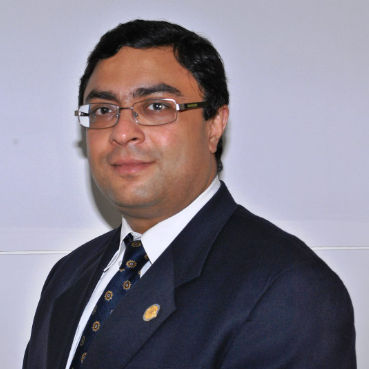
Dr Shaikat Gupta Director Surgical Onco
Surgical Oncologist
35 Years • MBBS (University Gold Medalist), MS, FRCSEd
Kolkata
Apollo Multispeciality Hospitals , Kolkata, Kolkata
(100+ Patients)
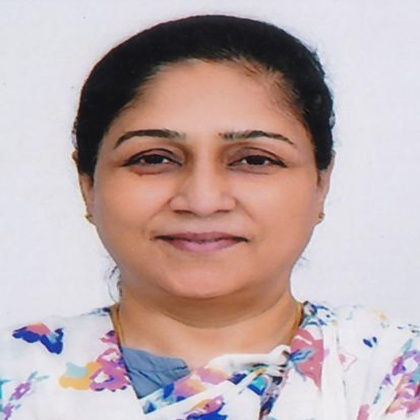
Dr. Bithika Noah
Breast Surgeon
35 Years • M S SURGERY
Hyderabad
Apollo Clinic Chanda Nagar, Hyderabad
Consult Top Breast Surgeon

Dr. Anup Dhir
Plastic Surgeon
38 Years • MBBS MS (General Surgery) MCh (Plastic & Reconstructive Surgery) FECSM (Fellow of the European Committee of Sexual Medicine). Senior Consultant- Plastic and Cosmetic Surgery.
Delhi
Apollo Hospitals Indraprastha, Delhi

Dr. Aniket Dave
Plastic Surgeon
8 Years • MBBS, MS (General Surgery), MCh (Plastic and Reconstructive Surgery)
Ahmedabad
Apollo Hospitals - Gandhinagar, Ahmedabad, Ahmedabad

Dr. Ekollu Sindhu
General Surgeon
4 Years • MBBS,MS(General Surgeon)
Manikonda Jagir
Apollo Clinic, Manikonda, Manikonda Jagir

Dr Shaikat Gupta Director Surgical Onco
Surgical Oncologist
35 Years • MBBS (University Gold Medalist), MS, FRCSEd
Kolkata
Apollo Multispeciality Hospitals , Kolkata, Kolkata
(100+ Patients)

Dr. Bithika Noah
Breast Surgeon
35 Years • M S SURGERY
Hyderabad
Apollo Clinic Chanda Nagar, Hyderabad

